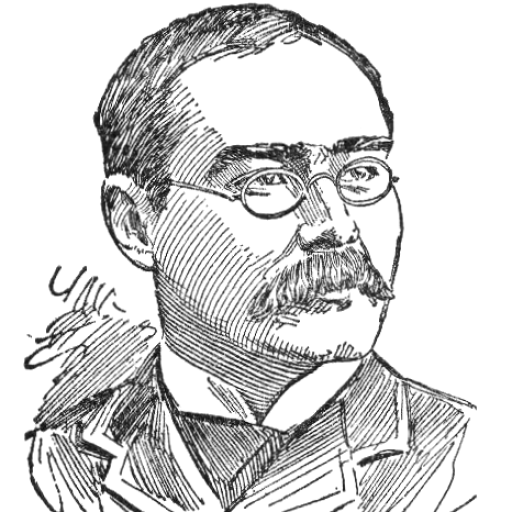I’ve served in Britain forty years, from Vectis to the Wall …
Unlike Hobden of ‘The Land’, the Roman centurion of this poem was not born in England. Someone who has really integrated himself with an adopted country may actually have a stronger feeling of belonging than someone who was born there, since for the former belonging is a conscious feeling, a matter of choice. The touching figure of this Roman centurion, begging to stay in the land that has come to mean his whole life, lends a special poignancy to the poem.
The Roman Centurion’s Song
Legate, I heard the news last night - my cohort ordered home (1) By ship to Portus Itius and thence by road to Rome. (2) I've marched the companies aboard, the arms are stowed below: Now let another take my sword. Command me not to go! I've served in Britain forty years, from Vectis to the Wall. (3) I have none other home than this, nor any life at all. Last night I did not understand, but, now the hour draws near That calls me to my native land, I feel that land is here. Here where men say my name was made, here where my work was done; Here where my dearest dead are laid - my wife - my wife and son; Here where time, custom, grief and toil, age, memory, service, love, Have rooted me in British soil. Ah, how can I remove? For me this land, that sea, these airs, those folk and fields suffice. What purple Southern pomp can match our changeful Northern skies, Black with December snows unshed or pearled with August haze - The clanging arch of steel-grey March, or June's long-lighted days? You'll follow widening Rhodanus till vine and olive lean (4) Aslant before the sunny breeze that sweeps Nemausus clean (5) To Arelate's triple gate; but let me linger on, (6) Here where our stiff-necked British oaks confront Euroclydon! (7) You'll take the old Aurelian Road through shore-descending pines (8) Where, blue as any peacock's neck, the Tyrrhene Ocean shines. (9) You'll go where laurel crowns are won, but - will you e'er forget The scent of hawthorn in the sun, or bracken in the wet? Let me work here for Britain's sake - at any task you will - A marsh to drain, a road to make or native troops to drill. Some Western camp (I know the Pict ) or granite Border keep, (10) Mid seas of heather derelict, where our old messmates sleep. Legate, I come to you in tears - My cohort ordered home! I've served in Britain forty years. What should I do in Rome? Here is my heart, my soul, my mind - the only life I know. I cannot leave it all behind. Command me not to go!
Notes
[1] In the Roman Empire, a legate was commander of a legion. A legion normally consisted of sixty “centuria”, each composed of one hundred soldiers and commanded by a centurion.
[2] Pontus Itius was the port (probably Boulogne) used by the Romans for sailing to Britain. Thus the scene of the poem might have been present-day Dover or Folkstone.
[3] Vectis was the Roman name for the Isle of Wight, off the southern coast of England; Hadrian’s Wall through the north of England, completed in A.D..136, was the permanent northern frontier of Roman rule in Britain. Thus the Centurion served throughout Roman Britain.
[4] ‘Rhodanus’ – the Rhone River, which flows from Switzerland through France to the Mediterranean.
[5] Nemausus was the Roman name for Nîmes, in southern France.
[6] Arlate was the Roman name of Arles, south-west of Nîmes on the Rhone River.
[7] ‘Euroclydon’ – the tempest wind.
[8] ‘Aurelian Road’ – the Roman Great Coast Road from France to Pisa and Genoa.
[9] ‘Tyrrhene Ocean’ – the Mediterranean west of Italy.
[10] ‘Picti’ – the ancient inhabitants of Scotland, thus called by the Romans because they used to paint or tattoo their bodies. See ‘A Pict Song’.

